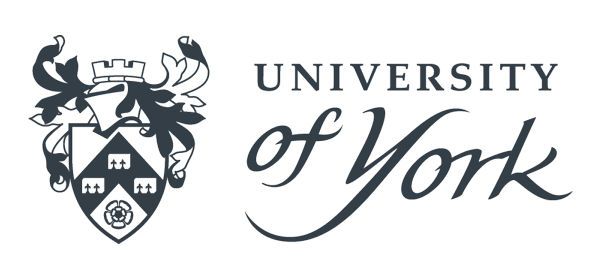School of Physics, Engineering and Technology
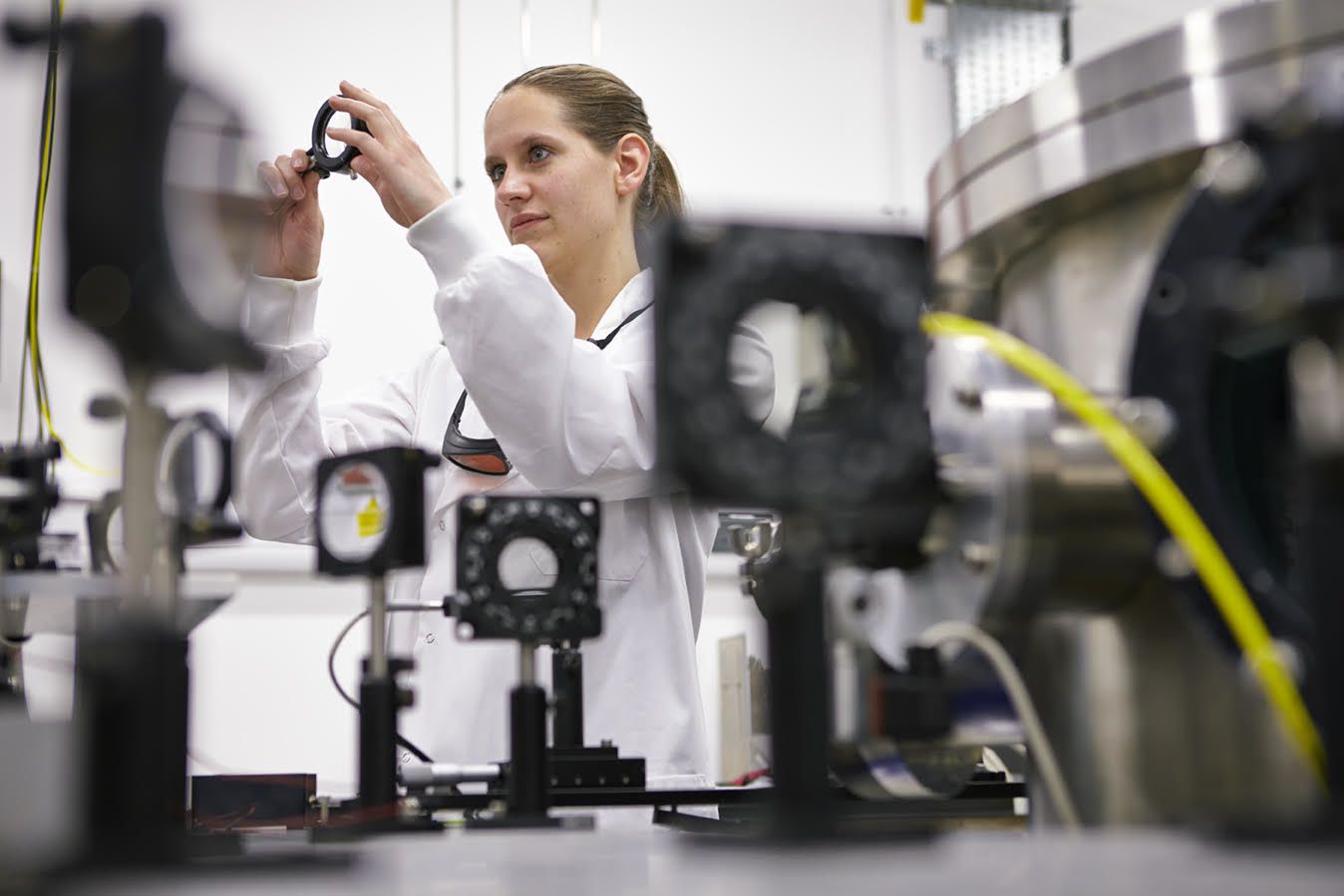
Introduction
Plasma and fusion science and technologies are acknowledged strengths at the University of York’s School of Physics, Engineering and Technology. We are seeking to grow these strengths at the York Plasma Institute to ensure impact and relevance as fusion moves towards transformational changes that will benefit society.
Our commitment includes investing in staff and facilities, equipping individuals to promote the York approach as they interact across multiple fusion energy communities and promote impactful research and teaching for national and international benefit.
Over the past 15 years, the University has established the York Plasma Institute, the Fusion Centre for Doctoral Training, and Fusion Energy MSc. The next 15 years will involve rapid development of the fusion landscape, and the near term will see increasing opportunities for collaborative engagement with public and private fusion employers. In response the University with the support of the UK Atomic Energy Authority seeks to recruit three ambitious early career staff as independent Academic Fellows in Fusion.
These independent Academic Fellows will, with the freedom to define their own research, conduct and publish innovative research, seek research grants and train PhD students. All Fellows will contribute to the School’s teaching and engage with University academic training programmes. Five core principles – equality and inclusion, excellence, sustainability, collaboration, and internationalisation – serve as lenses through which we will engage all applicants.
Professor Stephen Smith
Head of School, Physics, Engineering and Technology
The school
The School of Physics, Engineering and Technology was formally launched in the summer of 2022, bringing together the combined strengths of the Departments of Electronic Engineering and Physics.
The research philosophy of the School values and supports the blue skies thinking that underpins the individual research ambitions of its staff, while at the same time providing a framework that fosters innovation in goal-driven research to meet some of the grand challenges of society. To enable this, the research structure of the School is into Discovery and Translational Themes.
Discovery Themes are the topical research themes that characterise and underpin our core disciplines of Engineering and Physics. They represent our traditional strengths, with a philosophy of academic freedom and blue skies thinking at their heart. They have a close and direct coupling with our taught undergraduate and postgraduate programmes and provide a rich, diverse, stimulating environment with strong internal and international collaborations, seeking to enable our research staff and students to realise their individual ambitions. Our Discovery Fusion activities sit within the Plasma and Fusion Science and Technologies theme, with the York Plasma Institute as an inclusive research-and-teaching hub home to the majority of our Fusion students and staff.
Translational Themes build on the solid foundations of the Discovery Themes. They create opportunities to drive our fundamental research activities up the lower ranks of the Technology Readiness Level (TRL) scale towards a level of maturity that provides external stakeholders with the confidence to invest, and so accelerate research discoveries and ideas towards societal, environmental and economic benefit. The chosen thematic areas and the projects within them are motivated by the pull of society’s grand challenges, and are expected to be highly coordinated, strategic, interdisciplinary projects typically involving strong collaborations across University Departments and Centres, as well as with external stakeholders. The plasma and fusion research area sits within the Theme of Sustainable Energy, alongside other subthemes, such as Plasma Science and Applications, and Machine Intelligence.
As a School, equality, diversity and inclusion are central to our culture. We strive to provide an environment which allows all staff and students to contribute fully, to flourish, and to excel. We’re proud of our Juno Champion and Athena Swan Silver awards which recognise our commitment to creating a fully inclusive and supportive environment. We aim to inspire the wider community to engage with science and engineering through our outreach work.
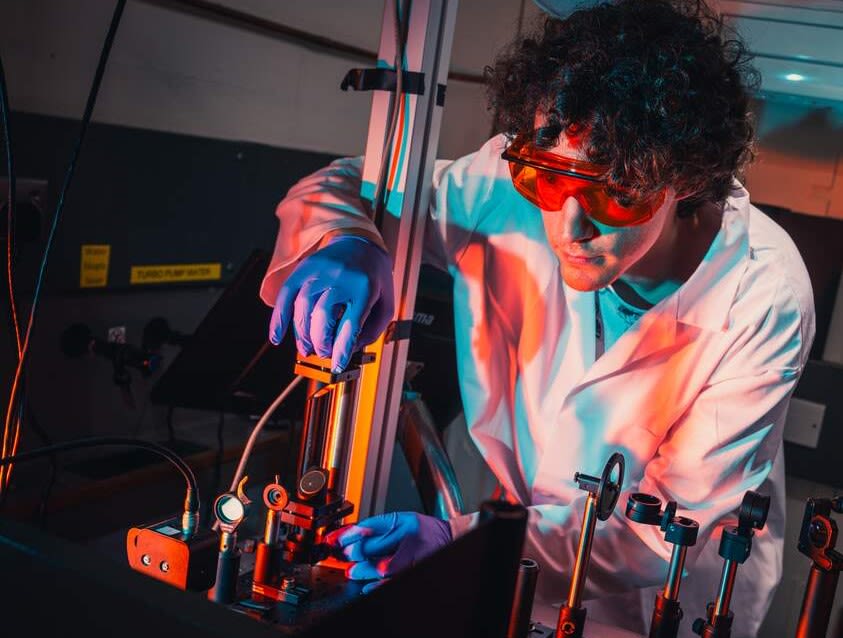
the project
The Plasma and Fusion Science and Technologies Discovery Group
The Fellows will join the Plasma and Fusion Science and Technologies Discovery Group. This research group and the fusion education programmes are based in the integrated research-teaching spaces of the York Plasma Institute (YPI). The Group integrates experiment, theory and computation to be amongst the World’s leading institutions for laboratory plasma and fusion science research and postgraduate education. The Group is organised into three sub-groups, each a recognised theme within the international plasma community: Laser-Plasma Extreme Conditions (which includes approaches to inertial fusion), Low Temperature Plasmas and Magnetic Confinement Fusion. Each sub-group provides a supportive research community, while regular all-staff research meetings, external speaker, postdoc and PhD seminars drive cross-theme, cross-theme coordination, collaborations, and responses to national and international opportunities.
Fusion at the York Plasma Institute
The York Plasma Institute is internationally recognised as a centre for fusion science research and training. Our vision is to sustain and grow our research and educational programmes across plasma science and technology with a particular focus on magnetic and inertial confinement fusion. We are focusing on four actions:
- Strengthen our research in core areas of plasma and fusion science and associated technologies.
- Extend our educational programmes to more sectors.
- Enhance our impact with academia, applied research, industry, and society.
- Invest in our students and staff.
Why Work Here
We have a strong track-record of hosting Independent Research Fellows and we greatly value the contribution they make to research in the School. Our supportive, dynamic and flourishing environment is an ideal location for Fellows, who we view as the potential academic leaders for the future.
Support available:
- Outstanding research facilities
- Modern laboratory space and computational facilities of the highest standard
- Continued mentoring from senior colleagues
- Support with writing further funding proposals
- Develop teaching experience (and complete Fellowship of the Higher Education Academy)
- Training and personal development
- Advice for progression to permanent positions
- Possibility to interview for proleptic appointments
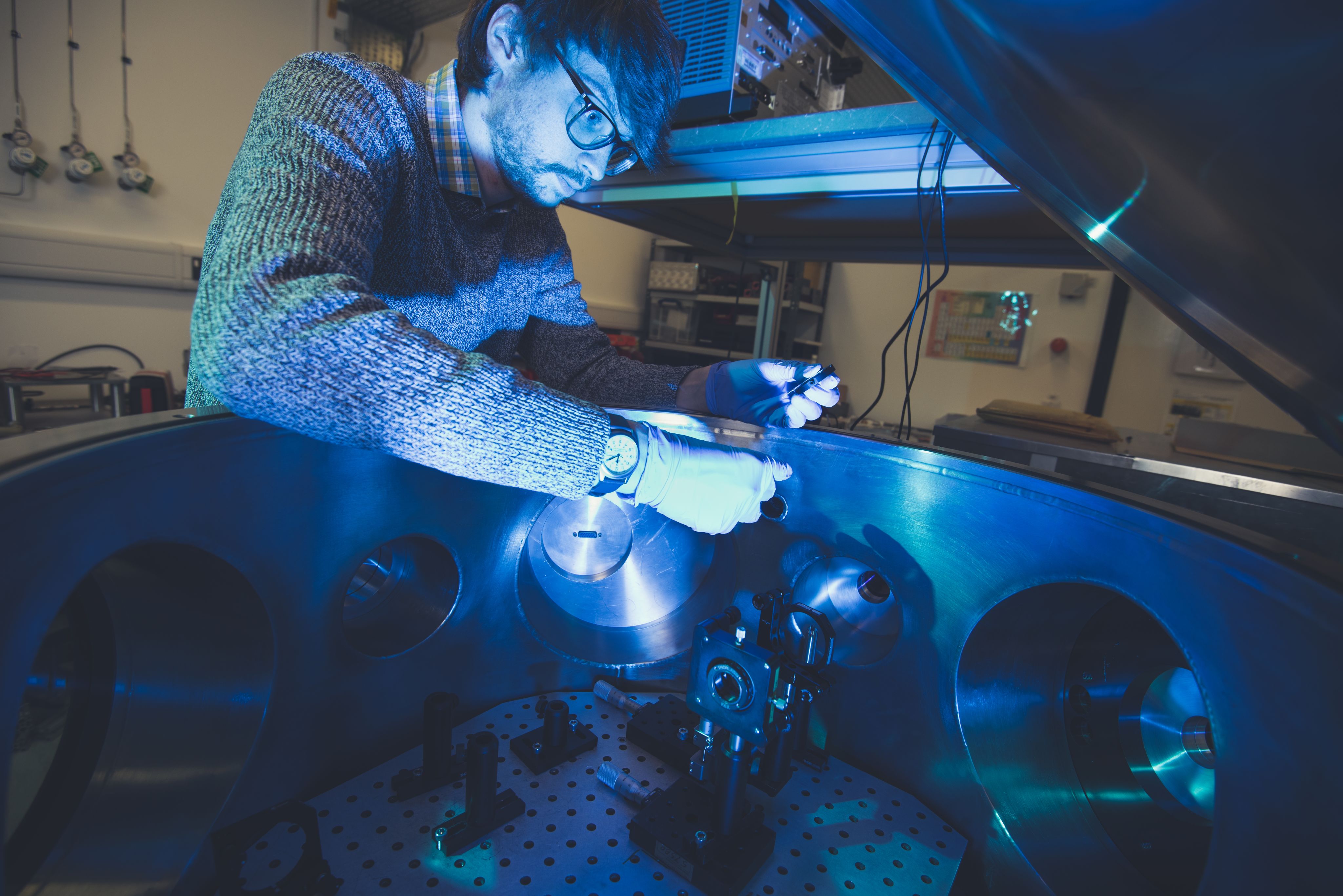
A world class University
Founded on principles of excellence, equality and opportunity for all, the University of York opened in 1963 with just 230 students. In 2025 it is the home of more than 20,000 students across more than 30 academic departments and research centres. Our vision is to be a university for public good and our strategy is built around our commitment to meeting four strategic objectives which are:
- Deliver curiosity-driven and action orientated research
- Provide education that empowers
- Create a community without limits
- Demonstrate local commitment on a global scale
For further information on the University of York and our Vision of a University for Public Good, please see: www.york.ac.uk/vision-for-york/
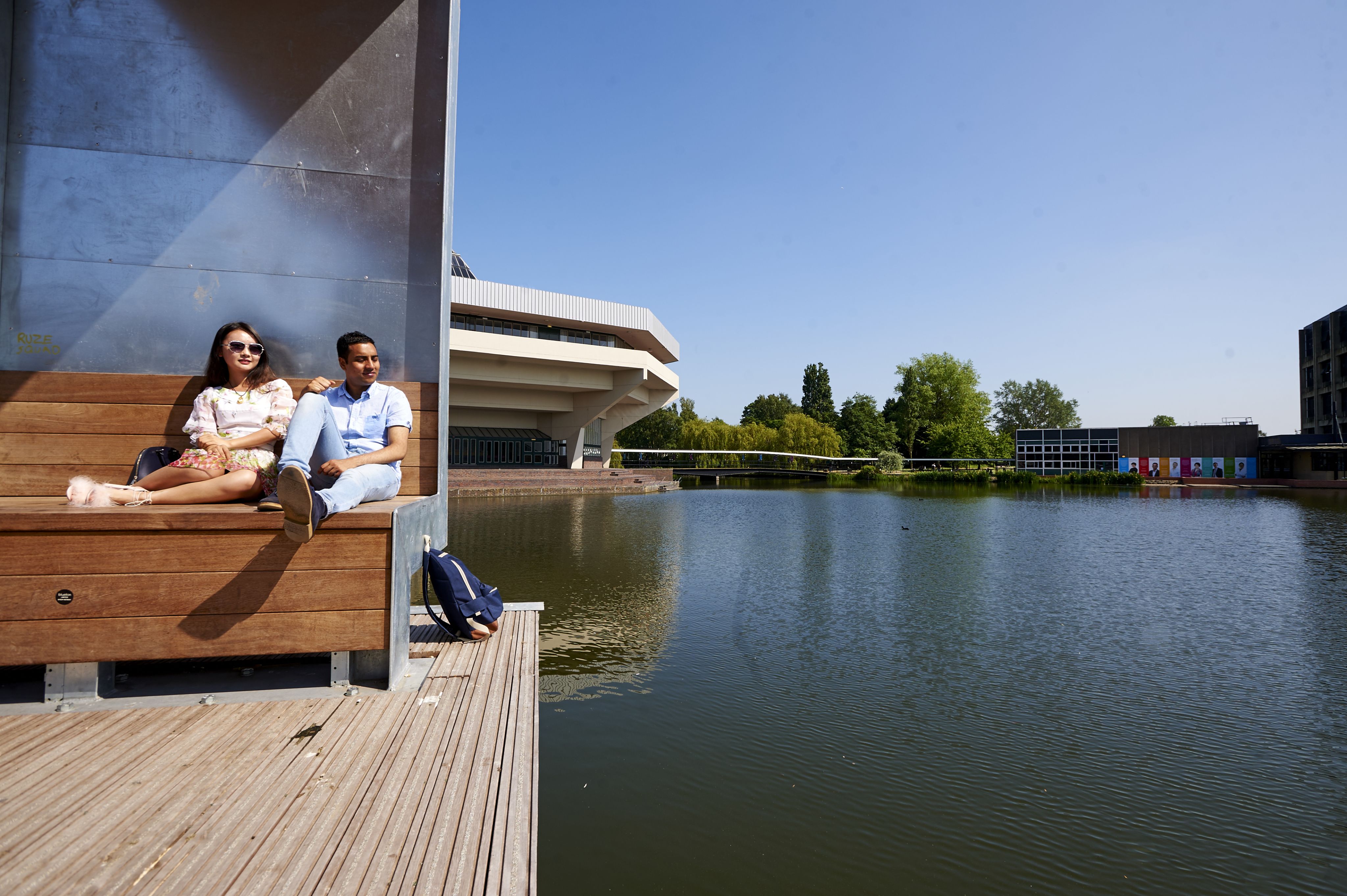
Equality, Diversity and Inclusion
Our vision
Our university emerged from a campaign in this city in the 1940s and 1950s to ‘contribute to the amelioration of human life and conditions.’ Our commitment to equality, diversity and inclusion is more important - and urgent - than ever, and so is at the heart of our 2030 Strategy.
Our commitments
As a university that exists for public good, through purposeful action we are committed to equality of opportunity. Engendering inclusivity, and nurturing an environment where our students and staff can study, work and live in a community which fosters a sense of belonging, reflects our values and drive for demonstrable change.
What we gain from diversity is immeasurable. Our Equality, Diversity, and Inclusion Strategy, which we developed in partnership with our staff and student communities, describes our commitment to create an inclusive environment where everyone can make a positive contribution to university life, the city, region and beyond. We are committed to recruit and retain a more ethnically diverse staff and student community; to create an accessible and inclusive campus, and embed the values and behaviours of inclusive responsibility and leadership.
We want to appoint colleagues who not only share our vision and purpose, but who have a genuine commitment to inclusivity in research, education, and partnerships. We see equality, diversity, and inclusion as critical to deliver on our extraordinary founding principles for the advancement of equity, diversity and inclusion for all.
Will you join us on this journey?
https://www.york.ac.uk/about/equality/

living in york
As a walled city at the confluence of the Ouse and Foss, its mix of heritage and hi-tech, cafes, restaurants, local and national-chain shops, good schools, cycle routes and easy access to green-spaces, you’ll find York is a great place to live and build a career. York is rated the safest city-based university in the UK (Complete University Guide Top 15 Universities in England and Wales with Low Crime Levels 2022). Whether you choose to live close to the city, in one of the surrounding villages or further afield, you will find a wide range of housing within a comfortable distance of York and the University.
Great location
Great rail and transport networks also connect you with other major cities in the UK. York is only a short train ride away from Leeds (20 minutes), Manchester (1.5 hours), London (2 hours) and Edinburgh (2.5 hours). We are close to major road links including the M1 and M62. For the outdoors, whether hiking, cycling, on the water or simply visiting a cafe, we are close to the Yorkshire coastline (1 hour), the North Yorkshire Moors (40 minutes), Yorkshire Dales (70 minutes), and Lake District (2 hours) national parks.
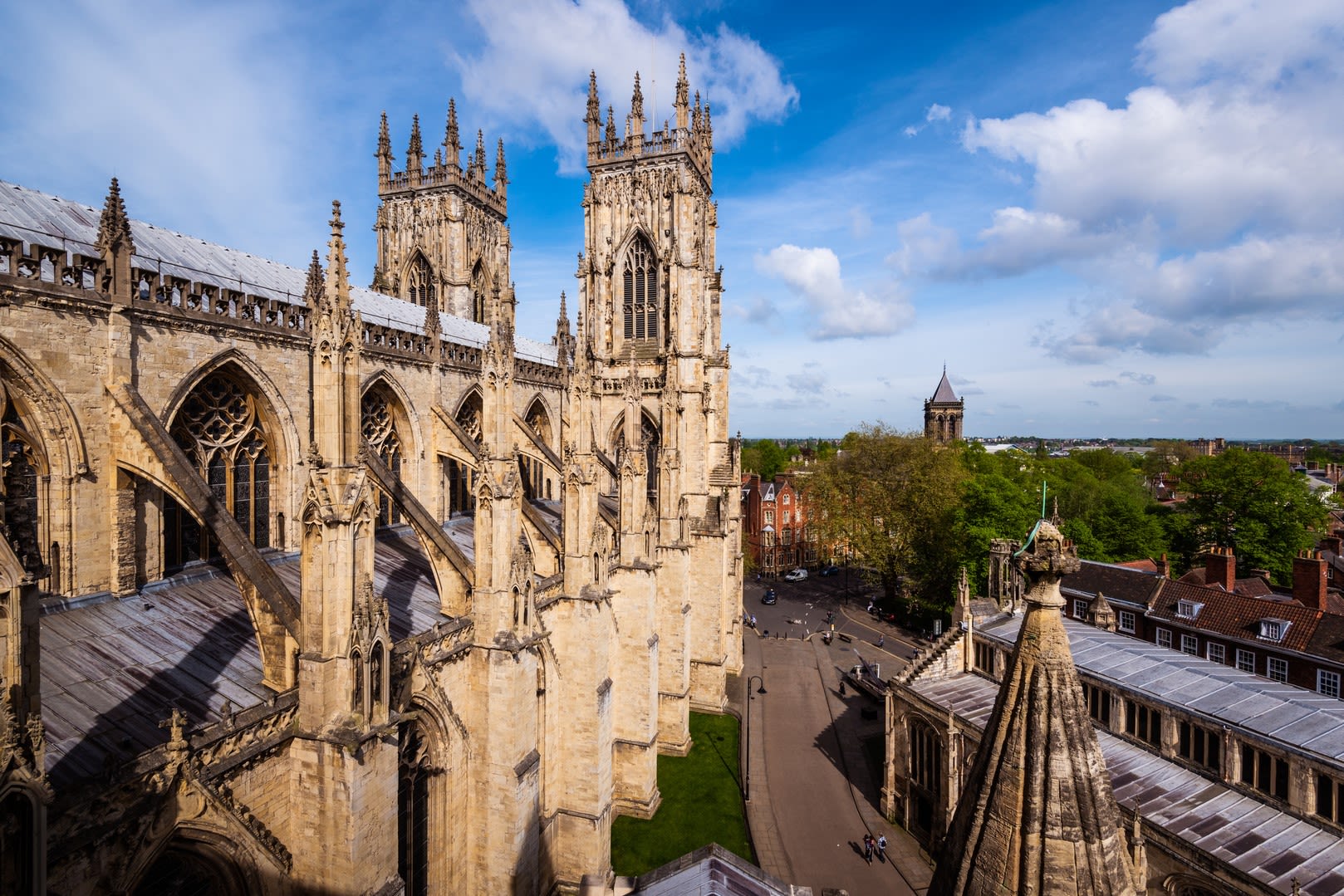
CURRENT OPPORTUNITIES
Academic Fellow in Fusion x 3
£45,413 - £55,755 per year
Fixed term Full-time (flexibility available)
Further Particulars
We particularly welcome applications for all roles from female candidates and candidates from minority ethnic or other
under-represented groups, as these are currently not
well-represented in academic roles within the School, Council, its committees and leadership within the University.
Informal enquiries may be directed to Kate Lancaster on (kate.lancaster@york.ac.uk) or Roddy Vann on (roddy.vann@york.ac.uk) .
